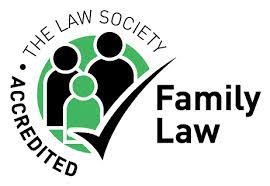In order to make a successful claim for medical negligence (also known as clinical negligence), it is necessary to prove three things. Namely:
1. That the health professional was negligent. This means that they acted in a way that no other reasonable and responsible health professional of the same specialty would have done.
For example, a GP must act as a reasonable and responsible GP would have done in the same circumstances, and not as a Hospital Consultant would have done. This is known as “breach of duty of care”. It is the first limb of the medical negligence test.
Not all mistakes qualify as a breach of duty of care. For example, the mistake made could be excusable and one which other health professionals may have made in the same circumstances.
To establish a breach of duty of care, an independent expert of the same specialty as the treating health professional must report that the mistake made was so unreasonable as to amount to negligence.
2. That the negligence directly caused or contributed to the problems the patient has experienced (on a balance of probabilities). The patient must have suffered symptoms or injuries over and above what they would have experienced had the health professional not treated them negligently. This is known as “causation”.
It can be very difficult to understand that even if a health professional has made a negligent mistake, a patient may not win a claim for compensation. A claim for compensation is only successful if the negligent mistake has resulted in a patient experiencing more pain and/or a worse long-term outcome than they would have done had the negligence not occurred.
3. That the damage which the patient sustained is sufficiently serious in terms of the compensation it would attract to justify embarking on the compensation claim in the first place.
The government has put severe limits on claims of a lower value, and solicitors no longer get paid for their work on helping win those claims. This means that patients with lower value claims are now forced to pursue their claims without help from solicitors, or not pursue them at all.











